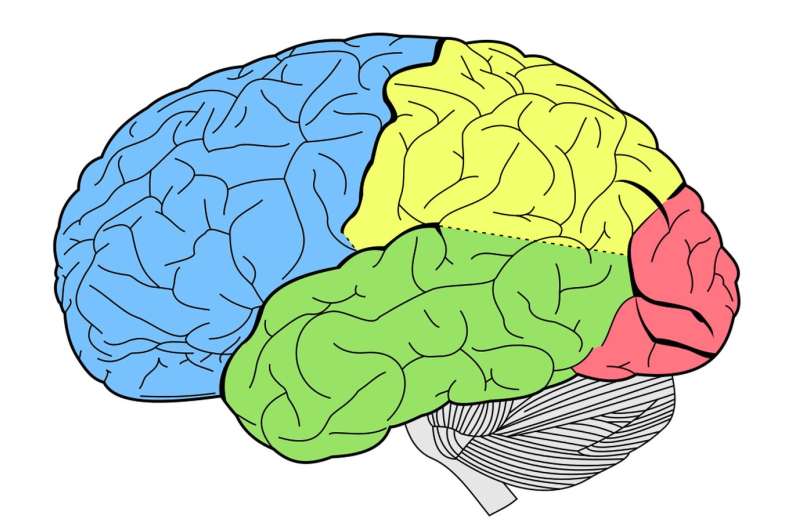This article has been reviewed according to Science X's editorial process and policies. Editors have highlighted the following attributes while ensuring the content's credibility:
fact-checked
peer-reviewed publication
trusted source
proofread
Overlooked part of brain could play critical role in addiction recovery

Researchers from Indiana University School of Medicine have discovered a neglected brain region that could play a critical role in how likely a person with drug use disorders is to relapse, even after a long withdrawal period. Their findings were published recently in Biological Psychiatry.
"Past studies in the field of addiction research have focused on the medial prefrontal cortex, which is the part of the brain that controls decision making, but no effective prevention or treatment for drug relapse is available," said Yao-Ying Ma, MD, Ph.D., associate professor of pharmacology and toxicology and an investigator with the Stark Neurosciences Research Institute at IU School of Medicine.
"We focused instead on the supplementary motor cortex, and found this area plays a bigger role in the risk of relapse. It could be a new target for therapeutics to prevent relapse."
Researchers studied cocaine-seeking behaviors in animal models, measuring excitability levels in the motor cortex after 45 days of withdrawal. They found hyperexcitability in the motor cortex was increased at this point and used an intervention to calm the excitability taking place in that part of the brain.
"One of the biggest challenges for patients with addiction is preventing relapse," Ma said. "We know they need medication, community involvement, psychological support and other resources to help, but for many people who go back to take a drug, it just feels like an automatic behavior. If we can understand whether addiction behavior is subconscious or conscious behavior, we can find better ways to treat and prevent addiction and relapse."
The supplementary motor cortex is typically known for directing how the body moves, so Ma said the finding that it plays a big role in addiction is novel and exciting.
"This brain region has never really gotten too much attention in addiction research, so we're excited about this finding and how it can change the way we treat addiction by using less invasive methods, such as transcranial magnetic stimulation, as well as the trajectory of our work moving forward," Ma said.
In the future, the team will study the effect of other addictive substances to see if the supplementary motor cortex is involved in other types of drug use disorders, such as opioid and alcohol use disorders.
More information: Donald Huang et al, Increased Excitability of Layer 2 Cortical Pyramidal Neurons in the Supplementary Motor Cortex Underlies High Cocaine-Seeking Behaviors, Biological Psychiatry (2023). DOI: 10.1016/j.biopsych.2023.06.002




















